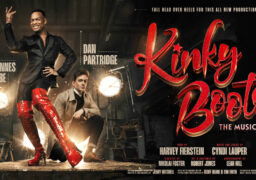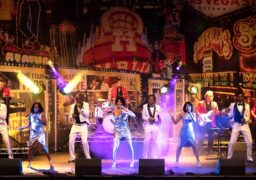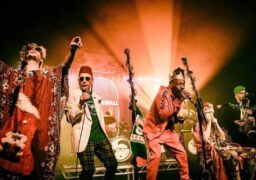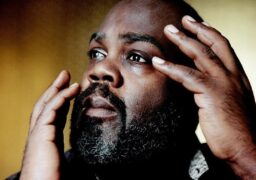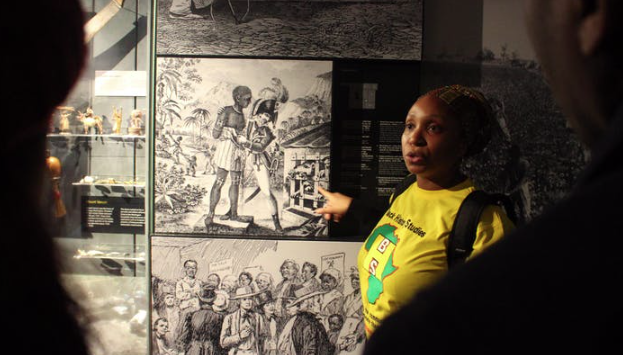
Back by popular demand!
All are welcome to The Maafa Tour – Liverpool. This tour is designed and accompanied by Black History Studies to the International Slavery Museum, the first museum to explore the subject of Britain and transatlantic slavery in this depth in a permanent display. The exhibition will look at nearly 500 years of transatlantic slavery and its consequences, from about 1500 to the present, focusing on the 18th and 19th centuries. The tour also includes a Black History of Liverpool Walking Tour which explores the legacy of enslavement on the architecture of Liverpool’s buildings.
The aim of The Maafa Tour – Liverpool tour is to increase public understanding of the experience of Black people in Britain and the modern world through an examination of the Atlantic Slave Trade and the African Diaspora.
Why Liverpool?
- Liverpool’s history is intimately linked with the history of the European “Slave Trade”. Although not involved until 1700, Liverpool merchants were responsible for more slaving voyages during the second half of the 18th century than any other European port.
- The physical legacy of African enslavement can be seen in the wealth of 18th century architecture in the city.
- Liverpool is home to one of the oldest Black communities. Black people were living in Liverpool by the end of the 18th Some were brought by traders and enslaved in Britain as domestic servants. Others had been given their freedom for fighting for the British during the American War of Independence. During the 19th century, many more came as seaman from West Africa and settled in the city.
The tour will focus on the following key areas:
- West African Cultures Before Enslavement
- The development of the European Enslavement of African People during the 18th century
- Involvement of European Countries in the Enslavement of African People
- Life of an Enslaved African in the Caribbean and the Americas
- Abolition and Resistance to Enslavement
- Legacies of Transatlantic Enslavement and the African Diaspora
The cost of the tour is £65 per person which includes:
- Return train travel from London Euston Train Station (8am start)
- Guided Black History Tour of the International Slavery Museum
- Black History of Liverpool Walking Tour
- Opportunity for group discussion, debate and networking
- Opportunity to experience Liverpool with like-minded people
PLEASE NOTE: A reasonable level of fitness is required for The Maafa Tour – Liverpool as we will be walking from Liverpool Lime Street Station to the Maritime Museum, walking around the museum and then along the streets of Liverpool which in some places involves walking uphill. If you are in any doubt about the suitability of the tour, please just ask. Please dress for the weather.
Only 25 spaces available so book now! Don’t miss out on this opportunity!
To avoid the transaction fees, we accept cheques and BACS payments. To book offline, please email info@blackhistorystudies.com for a booking form.
Tour places are non-refundable and non-transferable.
Please ensure that you have read our terms and conditions before booking using this method. You will be sent confirmation details via email seven days before the start of the tour.
What our customers say about The Maafa Tour – Liverpool:
“Having Black History Studies explain things on the tour made it very interesting in comparison to just having a look on your own”
“A very informative and engaging day. This tour was set within a very relaxed and friendly manner which made it very accessible. Black History Studies was fantastic and very thorough in their delivery”
“The tour was informative and has added a more ‘visual’ tier, with expert narration from Black History Studies which increased my knowledge on ‘our’ story of Africa, Africans and Africans in the diaspora”
“The tour reinforced all that I was taught on the Transatlantic Enslavement course and the constant uprisings that took place that I was never told in standard slavery lessons in school.”
Black History Studies
Educating the community to educate themselves
Mobile: 07957 184770
Email: info@blackhistorystudies.com

